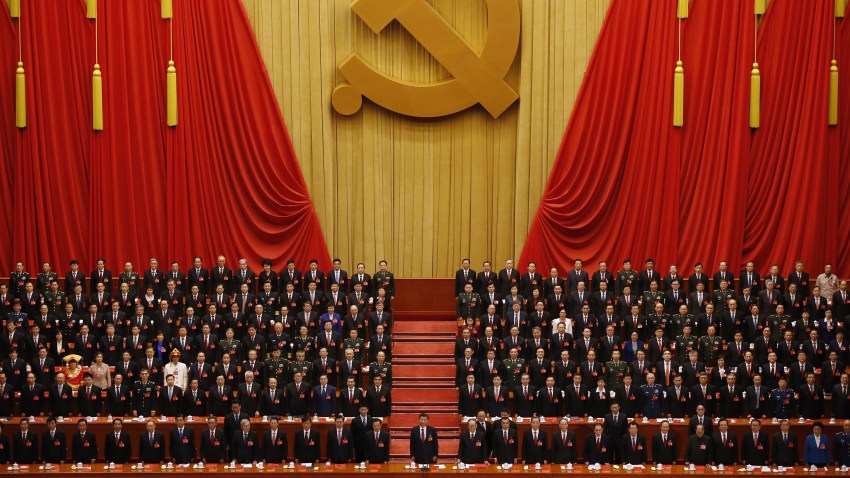The Chinese Communist Party’s national congress kicks off this weekend, with a great deal of uncertainty surrounding all but one of the anticipated outcomes: Xi Jinping is expected to be renamed party chairman for a third five-year term, breaking the two-term precedent that has served China so well since it entered its economic opening and reform period in the 1990s.
Beyond that, little is known about the team that will take shape around Xi on the party’s powerful seven-member Politboro Standing Committee or the 25-member Politboro. In many ways this is par for the course for the CCP. The machinations that shape the party’s leadership are notoriously opaque, and often the factional infighting that takes place behind the scenes becomes visible only when it comes to a head in the form of purges.
But this time around, the familiar questions of what the new leadership team might mean for the direction of domestic policy and China’s global posture have been overshadowed almost entirely by Xi’s concentration of power over the past 10 years. Those questions still matter, but they are now subordinate to the overriding through-line of Chinese politics these days: What will Xi do?

